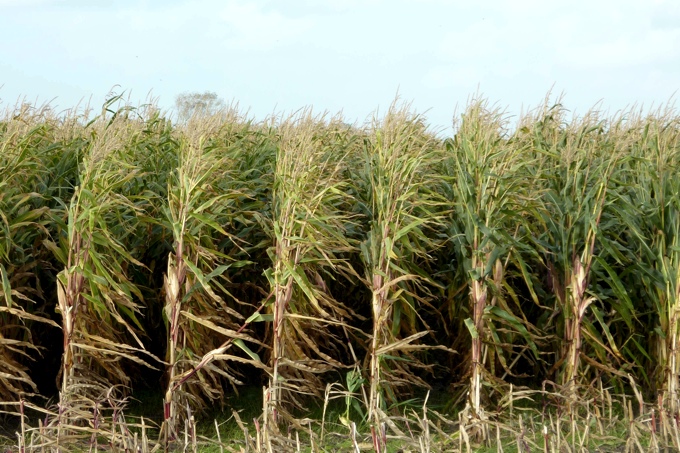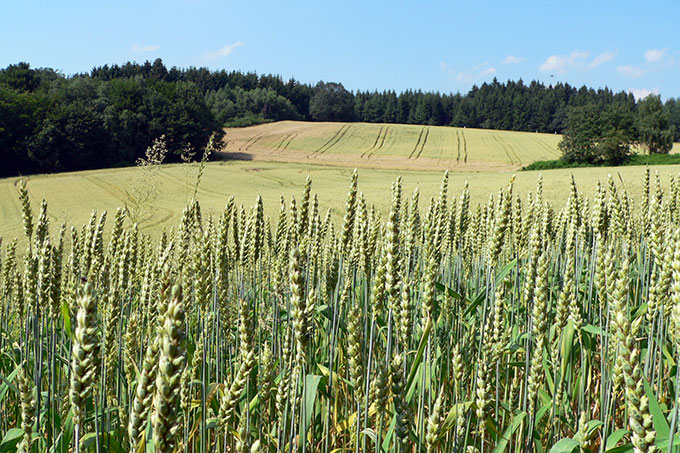Make people aware of their rights
NABU study about Green Biotechnology and nature conservation
Meanwhile, the legal basis for this technology is often unclear and known only to few experts, especially when it comes to the crucial details. This is a lamentable situation as the majority of the public has a clear, mostly skeptical view on genetically modified organisms (GMO’s). Therefore, people should be made aware of their rights and how to administer them.
Therefore this study focuses on various fields of conflict between Green Gene Technology and interests of nature conservation. Where deemed appropriate, it also presents problems that exist in neighbouring, yet interlinked fields of law, e.g. food law. The study pursues two goals: It wants to identify and to describe the main fields of conflict for persons affected. At the same time it addresses the expert audience as it reveals some of the unresolved problems that will be at the centre of discourse in the near future. In the wake of this identification process, manifold practical and judicial issues became clear and were dealt with. However, this study has a clear jurisprudential vantage point. It cannot and doesn’t want to replace scientific analysis of the impacts of GMO´s.


